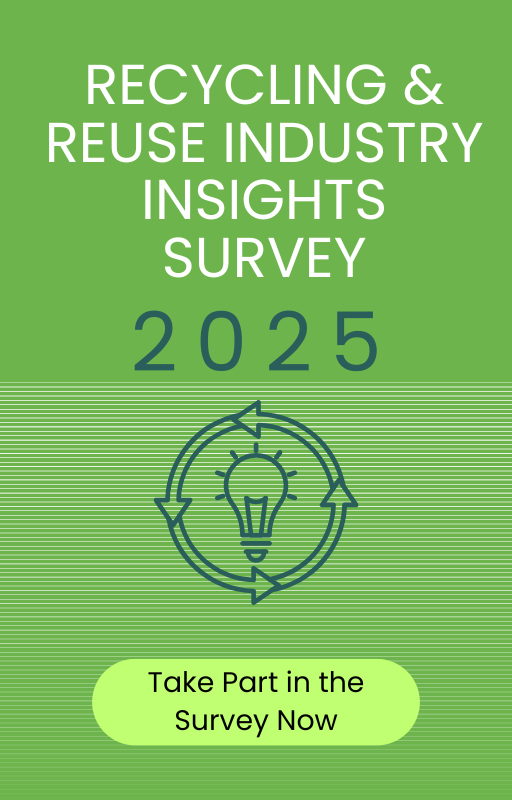April Industry Round-Up: Policy, Strikes & System Shifts
)
Simpler Recycling Now in Effect
From March 31, 2025, all businesses, charities, and public sector organizations in England must now separate recyclable waste streams, including glass, metal, plastic, paper, card, and food waste — with micro-firms given until March 2027 to comply. According to guidance published by GOV.UK, the reform aims to make recycling rules clearer and more consistent across the country.
This marks a long-awaited move toward standardised recycling, but successful implementation will depend heavily on how well businesses — especially SMEs — are supported in adapting.
Birmingham Bin Strikes Escalate
The ongoing refuse worker strike in Birmingham, which began on March 11, has escalated into a major disruption, with tens of thousands of tonnes of waste piling up across the city. According to The Guardian, workers are protesting job restructuring that could see pay cut by up to £8,000. The city council has now declared a major incident and called in military planning support.
This situation highlights just how vital frontline waste workers are to public health and infrastructure — and how vulnerable the system becomes when trust and fairness break down.
Landfill Tax Increase Comes Into Force
On April 1, the UK government increased the standard rate of landfill tax from £103.70 to £126.15 per tonne — a 21% jump intended to drive waste reduction and recycling. As reported by WS Recycling, the tax aims to make landfill the least attractive option for waste disposal.
While the goal is clear, the increase puts additional financial pressure on businesses already navigating complex compliance changes — reinforcing the need for scalable, cost-effective alternatives.
Retailers Prepare for EPR Costs
The Extended Producer Responsibility (EPR) scheme is now moving into its financial phase, with major UK retailers facing significant costs for managing packaging waste. An article from Packaging Gateway notes that companies like Marks & Spencer expect to contribute to a projected £2 billion annual bill across the retail sector.
EPR represents a major shift toward producer accountability — but the scale of the financial impact is forcing businesses to re-evaluate packaging strategies and supply chains fast.
As we move further into 2025, it’s clear that policy, infrastructure, and operational strategy are increasingly interconnected in the recycling sector. The conversations are growing more urgent — and more collaborative — as the industry adapts to a new set of rules, risks, and opportunities.




